Team of the SCAN-Unit
Missing in the pictures: Lukas Lengersdorff, Bianca Schuster
The SCAN Unit's prime mission is to perform and disseminate high quality, rigorous and systematic scientific research. To this end we foster a growth-oriented, diverse and inclusive mindset. Read more on our lab mission here.
Head

Univ.-Prof. Dr. Claus Lamm
I am a Full Professor of Biological Psychology, with a specialization in Social, Cognitive and Affective Neuroscience. I have spent several formative years abroad, and founded the SCAN-Unit when I moved back to Vienna in 2010. The goal of my group is to foster a thriving interdisciplinary research environment that will lead to innovative and cutting-edge research in the domain of Social Cognitive Neuroscience. My scientific interests focus on the neural underpinnings of empathy and prosocial behavior. I have made pioneering contributions in this domain, and am excited to pursue ever-more complex research approaches to unravel these multifaceted phenomena. This includes multi-modal investigations combining neuroimaging with psychopharmacology and psychoneuroendocrinology, as well as comparative approaches to test empathy and its precursors in ravens and dogs. More recently, I have also established a new research line on questions related to environmental social neuroscience and decision making. Besides my affiliation at the Faculty of Psychology, I am a member of the Environment & Climate Change Hub the Vienna Cognitive Science Hub, and the Sustainability Advisory Board of the University of Vienna. I am also a member of the Austrian Academy of Sciences and have received two major awards for my mentoring (APS Mentor Award, publication in Nurture Neuroscientists).
For more information, please visit my personal website.
Email: claus.lamm@univie.ac.at
Twitter/ X: @clauslamm
Bluesky: @clauslamm.bsky.social
Scientific Staff
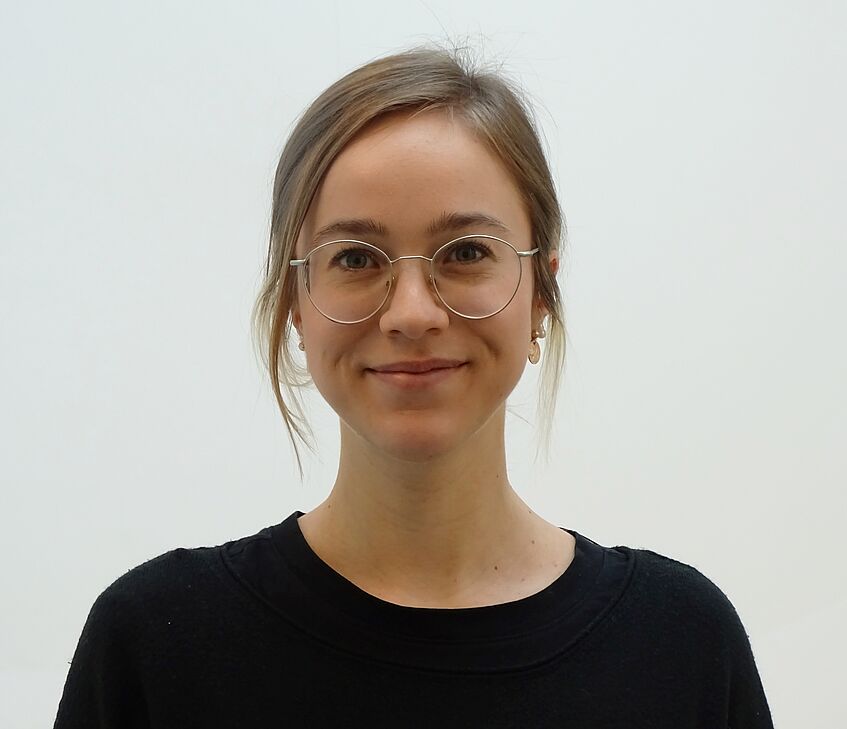
Julia Braunstein - PhD student
For my PhD project I focus on the neuronal mechanisms fundamental to social cognition, how they are implicated in our ability to empathize with others, as well as in our motivation to act prosocial. To investigate these phenomena and their relationships, I am following a multi-methods approach, wherein I combine behavioural measures, psychopharmacological manipulations and functional magnetic resonance imaging.
Email: julia.therese.braunstein@univie.ac.at
link to Google Scholar profile
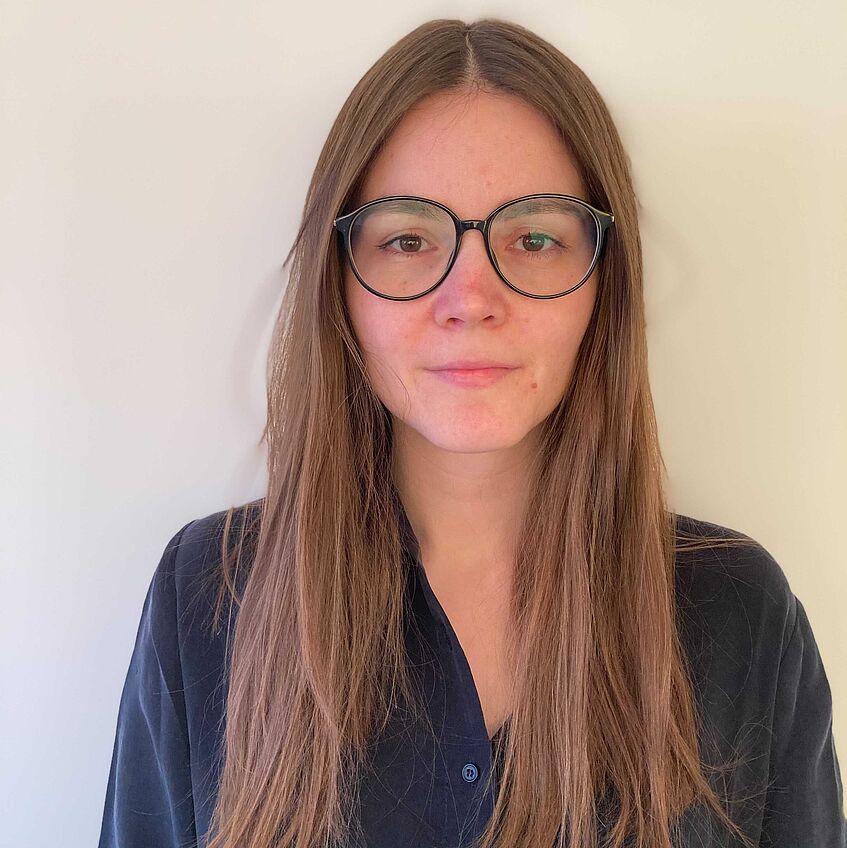
Dr. Magdalena Boch - PostDoc
I am interested in the neural bases of how dogs and humans perceive each other and the evolution of the canine and primate social brain. To this end, I conduct comparative functional MRI and resting state studies with dogs and humans to study the neural bases of important pillars of social cognition such as agent and action perception. Currently, I am also investigating human attitudes towards wolves and how we perceive dogs compared to their wild ancestors.
Email: magdalena.boch@univie.ac.at
For more information, please visit my personal website.

Kimberly Doell, PhD – Senior Research Fellow
My research broadly combines elements of neuroscience, environmental/social psychology, Big Team Science, and the behavioural sciences in order to investigate various societal issues. This includes encouraging COVID-19 compliance behaviours, battling the spread of misinformation, combating (political) polarization, and, most importantly, understanding and promoting climate change mitigation. This line of research is highly interdisciplinary, combining techniques and methodologies from many broad disciplines, and includes many collaborations from all over the planet.
Email: kimberly.doell@univie.ac.at
For more information, please visit my personal website.
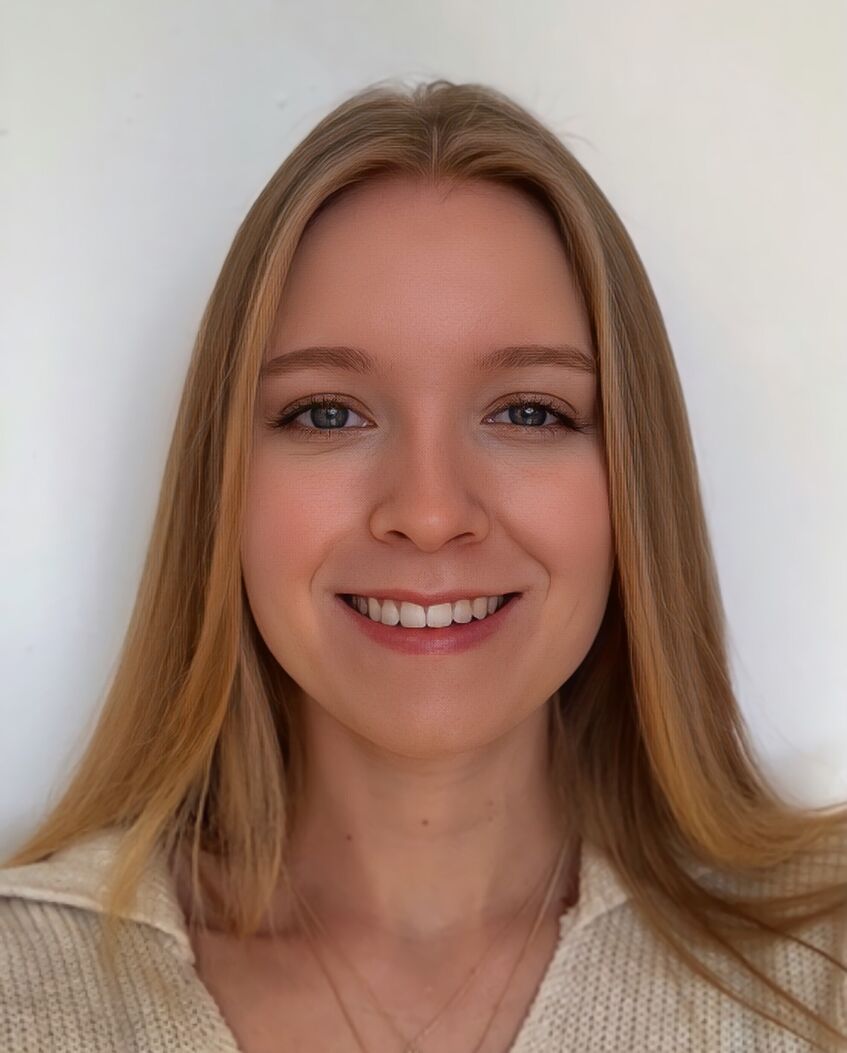
Moana Drüe – PhD Student
In my PhD research, I aim to explore the underlying reasons why individuals find it challenging to engage in pro-environmental actions, despite the critical urgency of it. I furthermore am interested in investigating on how these behaviors could be increased.
By using diverse methodologies such as fMRI and virtual green nudging, I seek to integrate neurological and behavioral perspectives. Through this interdisciplinary approach, the goal is to clarify the complexities of human cognition, behavior, and brain in the context of environmental decision-making.
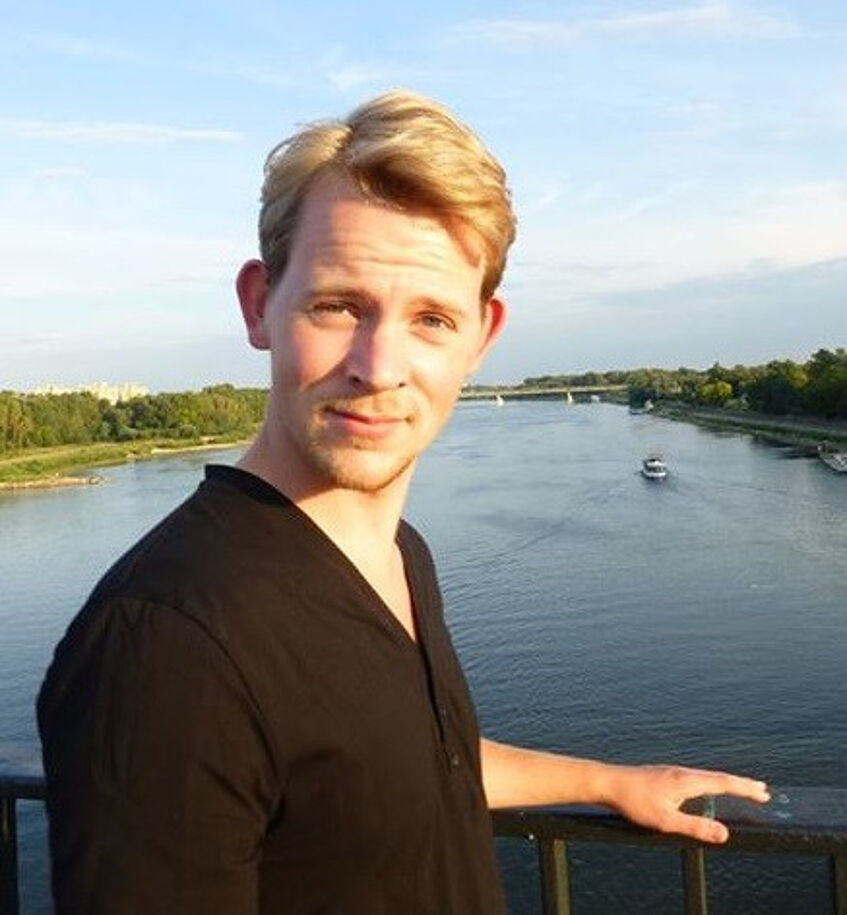
Achiel Fenneman, PhD – Postdoc
In my research I set out to understand and model how we can leverage our prior experiences to inform our everyday decisions in novel situations. In this line of research, I combine the modelling skills, experimental methodologies and insights from the fields of behavioral economics, cognitive psychology and memory-neuroscience.
Email: achiel.fenneman@univie.ac.at
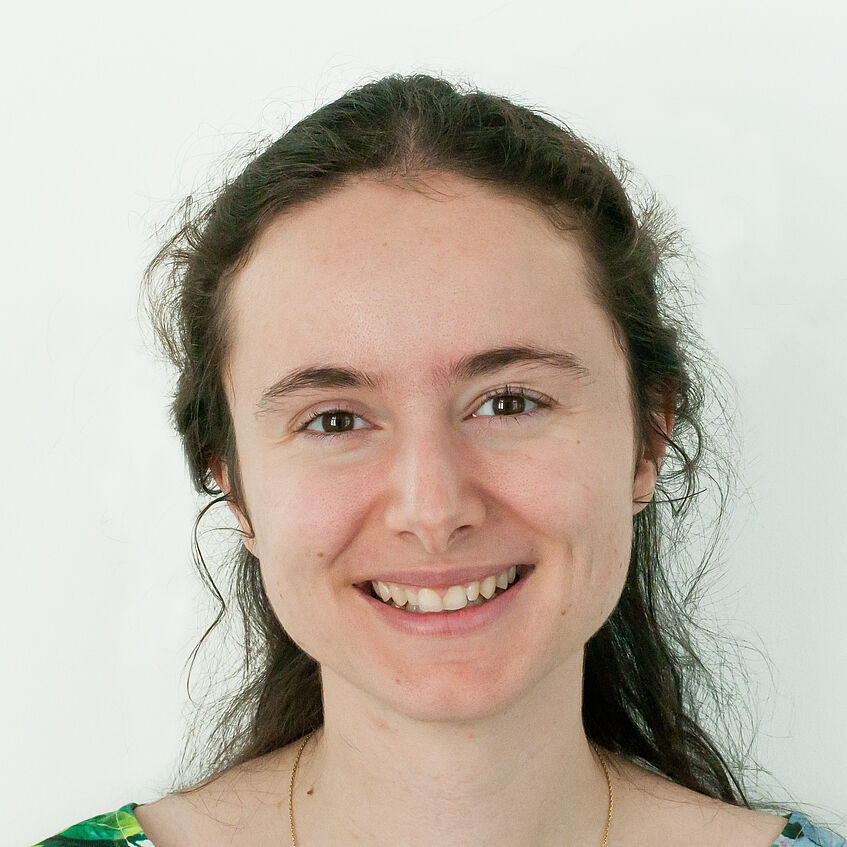
Dr. Catherine-Noémie Alexandrina Guran, MSc - PostDoc
After my PhD investigating the neural correlated of memory in healthy aging, I came to Vienna to join the SCAN Unit as a PostDoc in the EvoSocBrain project. In this project, we investigate the origins of social abilities in the mammal brain, looking specifically at social cognition in dogs using fMRI, in cooperation with the Veterinary University Vienna and the Clever Dog Lab (Prof. Huber). I am particularly interested how dogs and humans understand social interactions and interpret others actions as intentional, amongst others.
Email: alexandrina.guran@univie.ac.at
link to Google Scholar profile
For more information, please visit my personal website.

Mag. Lukas Lengersdorff - PhD student
My PhD project is focusing on the relationships between empathy, prosocial behavior and aggression, and how these processes are modulated by factors such as ingroup/outgroup biases and exposure to media. To also understand the neural bases of these phenomena, I am conducting experiments using EEG, fMRI and psychophysiological messures. Moreover, I am the lab manager of the Neuroimaging Center of the University of Vienna.
Email: lukas.lengersdorff@univie.ac.at
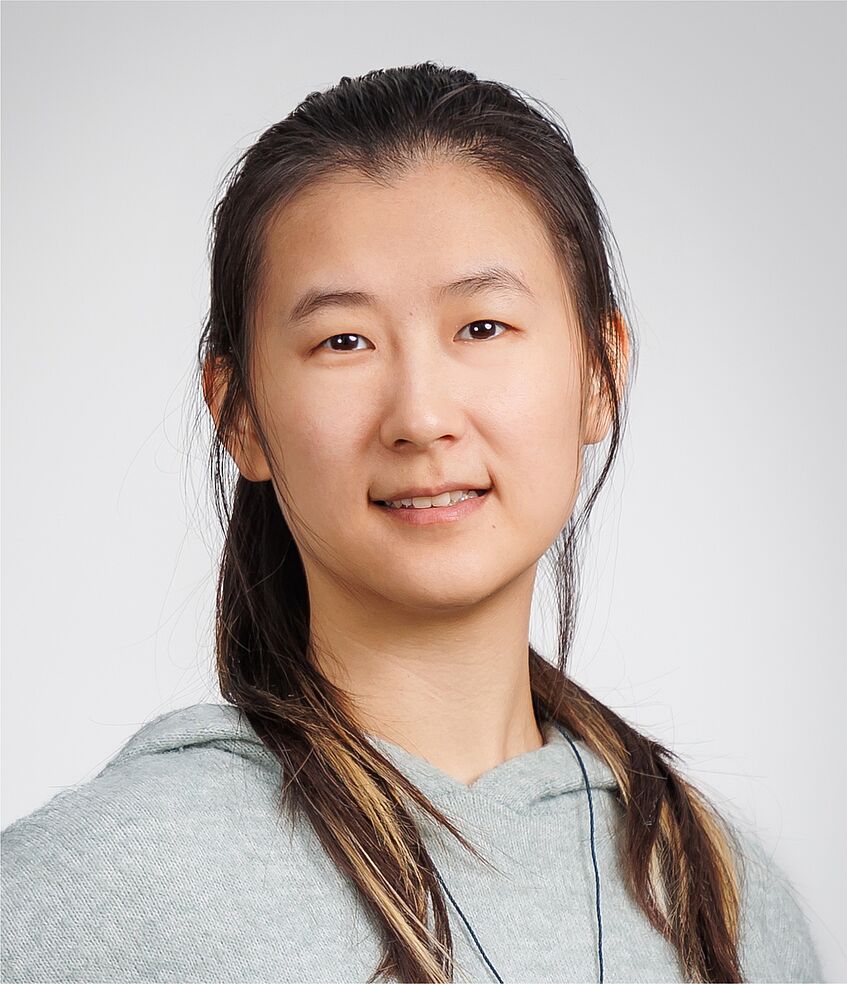
Yufang (Arya) Liao - PhD student
My research aims to understand the role of empathy in politics. I’m interested in how we develop our empathy beliefs and how they influence our everyday political behaviors and ideology, especially among young adults and adolescents. I will use panel surveys, behavioral experiments, and eye-tracking.
My research is part of the MSCA IP-PAD (https://www.ippad.eu/) project funded by Horizon Europe.
Email: yufang.liao@univie.ac.at
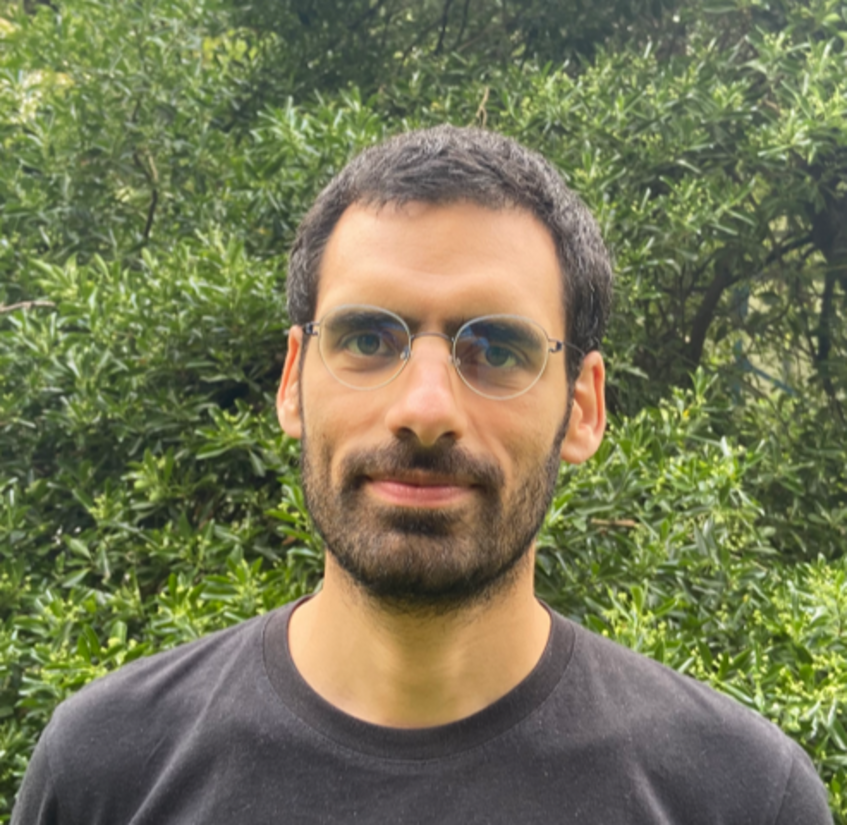
Mauricio Martins, MD PhD - PostDoc
I am interested in describing the cognitive and cultural mechanisms underlying the representation of hierarchies, and the processes involved in the acquisition of those representations. The research program unfolds in two directions: The primary direction, which includes behavioral and fMRI experiments, aims at characterizing the domain-general and domain-specific computations involved in the representation of social hierarchies as well as hierarchies in vision, music, language and action. The secondary direction, which also includes computational social sciences, pertains to the environmental and cognitive determinants for trust in social hierarchies and the way it underlies support for political systems.
Email: mauricio.martins@univie.ac.at
link to Google Scholar profile
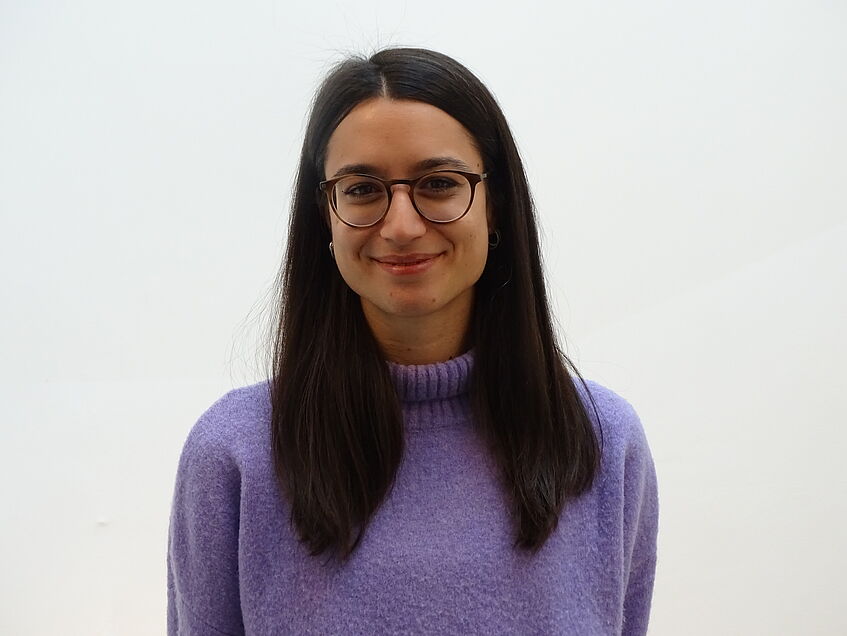
Dr. Claudia Massaccesi – PostDoc
My research focuses on the neurobiological foundations of affiliation and social reward processing. I am particularly interested in understanding the psychological, neurochemical, and neurophysiological mechanisms underlying social and prosocial motivation. To this end, I combine neuroimaging, psychopharmacology, and behavioural methods.
Email: claudia.massaccesi@univie.ac.at
link to Google Scholar profile
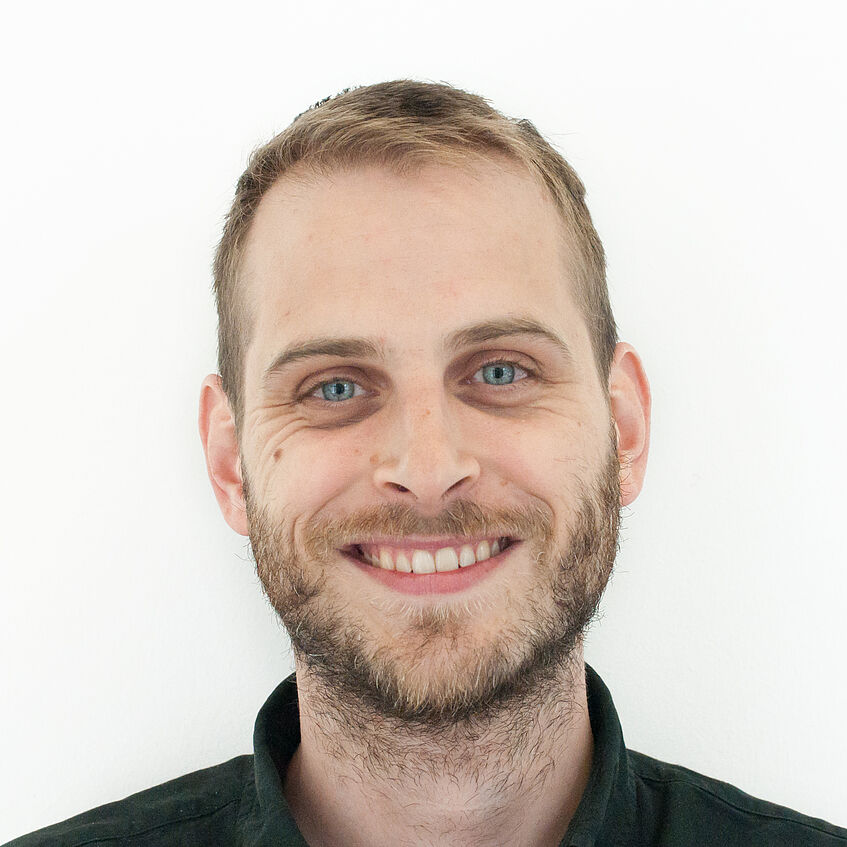
Jonas Nitschke, PhD - PostDoc
I am interested in the effects of stress on our ability to connect with, and understand others. To this end, I study how stress--its related psychological and biological markers--impact our ability to understand others' emotions and intentions, and the way we process social and non-social information. I am also interested in how stress affects our social togetherness, and vice versa.
I am funded by the National Science and Engineering Research Council of Canada (NSERC) and by The Austrian Science Fund.
Email: jonas.nitschke@univie.ac.at
link to Google Scholar profile
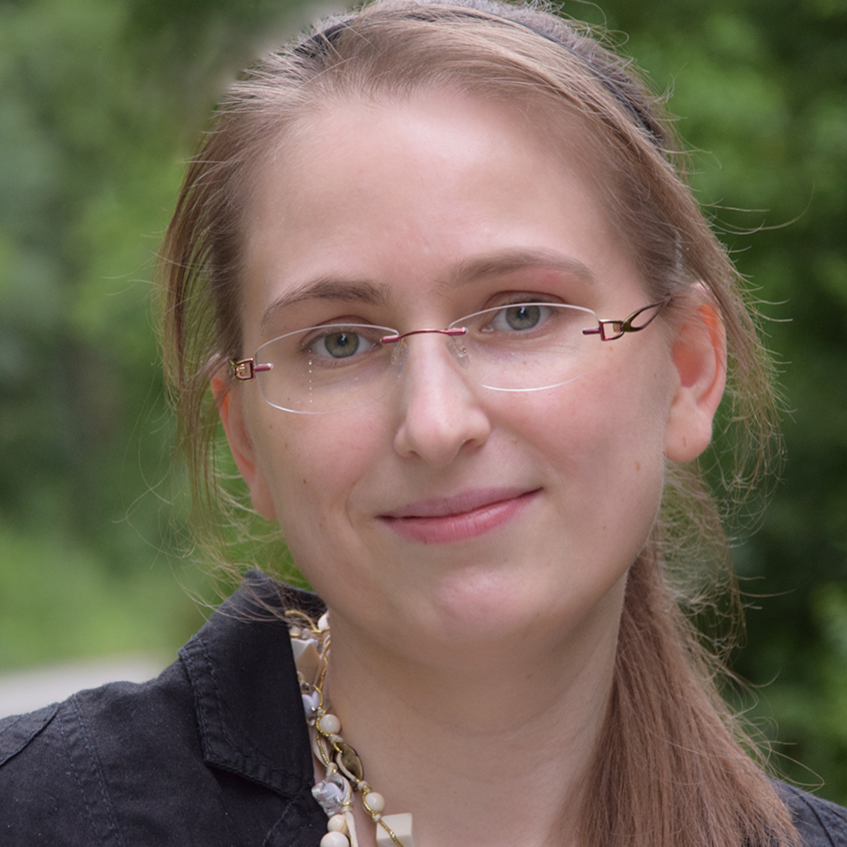
Ekaterina Pronizius, MSc - PhD student
My PhD research line is self-other distinction, a key component of empathy. In my dissertation, I am using multi-methods approach (MRI, EMA, behavioral experiments, etc.) to investigate different social situations between self and other/s. My PhD project at the SCAN-Unit was funded by a three-year Uni:docs fellowship. I have recently received the Marietta Blau Grant 2022 granted by the OeAD-GmbH to extend my work in the clinical sample.I am also very interested in the Big Team Science.
Email: ekaterina.pronizius@univie.ac.at
link to Google Scholar
link to webpage https://pronizius.com/
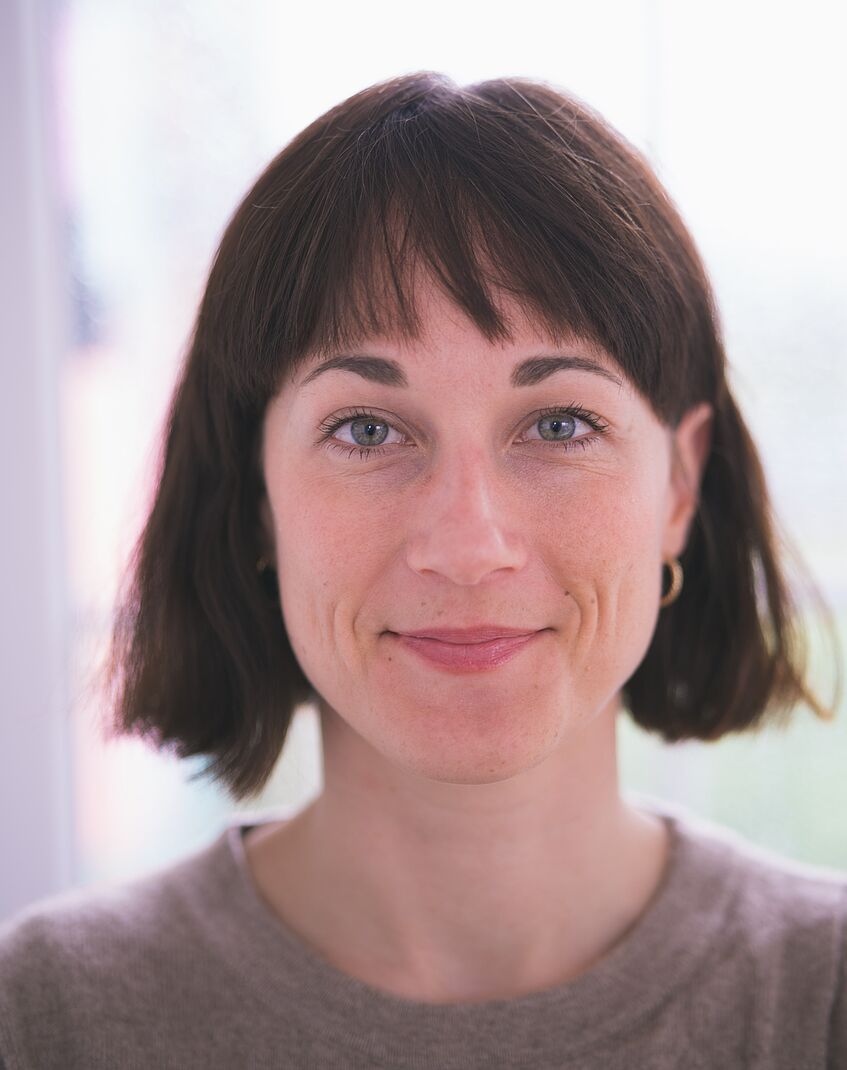
Bianca Schuster, BSc MSc PhD
I am interested in the computational and neurochemical processes that shape our everyday social behaviour. Specifically, I conduct computational modelling to investigate how humans utilise uncertainties in their prior knowledge and perceptions, to draw maximally optimal conclusions in social settings (a hypothetical process called precision-weighting). Moreover, I use psychopharmacological approaches to better understand how certain neurotransmitters (e.g., dopamine) modulate these social precision-weighting processes in healthy individuals, with the aim of informing theories of social dysfunction in disorders such as Parkinson’s. In addition, I am also currently investigating how motor function and cultural differences affect social cognition.
Email: bianca.schuster@univie.ac.at
link to Google Scholar profile

Ronald Sladky, Bakk. MSc PhD
My research focusses on the amygdala and emotion processing in the human brain. In addition, I am always working on new neuroimaging, data processing, and modeling methods. One of these new methods is real-time functional MRI, where people can learn to regulate their own brain states while they are inside the MR scanner. This method is not only a promising therapeutical tool, it will also allow for completely new ways of discovering how our brains work.
Email: ronald.sladky@univie.ac.at
link to Google Scholar profile
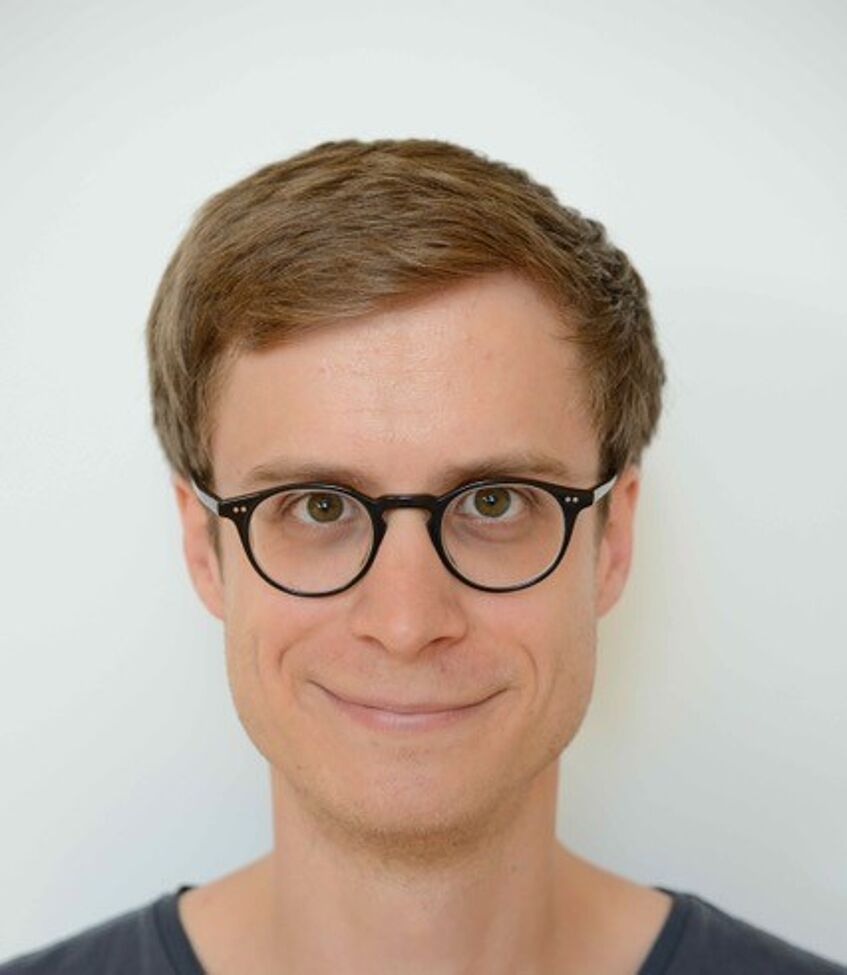
Mag. Maximilian Steininger – PhD Student
I am focusing on the intersection of neuroscience and environmental psychology. On the one hand, I want to investigate the influence the environment has on human cognition and affect. On the other hand, I want to examine the influence humans have on the environment and what factors drive pro-environmental behaviors. To understand the neural basis of these phenomena, I want to combine fMRI and fNIRS with behavioral and physiological measures. My research is funded by the Doctoral Program Cognition and Communication.

Boryana Todorova, MSc - PhD student
With my PhD project I investigate how people make pro-environmental decisions, which are the factors that drive or hinder them, and which brain mechanisms underlie this type of decision-making. By combining functional magnetic resonance imaging, computational modeling and large-scale international survey approach I aim to advance our understanding of these processes.
Email: boryana.todorova@univie.ac.at
link to Google Scholar profile
Administration

Maga. Sigrid Schmidinger
I assist the scientific staff in all administrative inquiries, help administrating the departments staff and budget and I am also involved in externally funded projects. Furthermore I am the contact person for all students, researchers and colleagues from the University of Vienna, as well as external.
Email: sigrid.schmidinger@univie.ac.at
Technical support

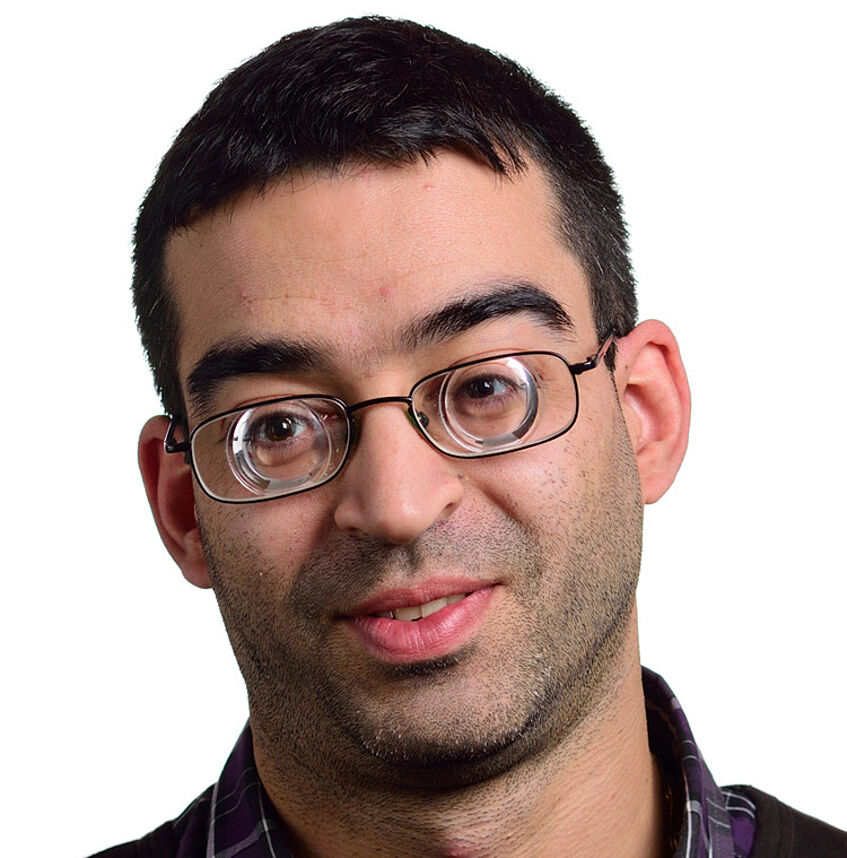
Student Research Assistants
Associate members
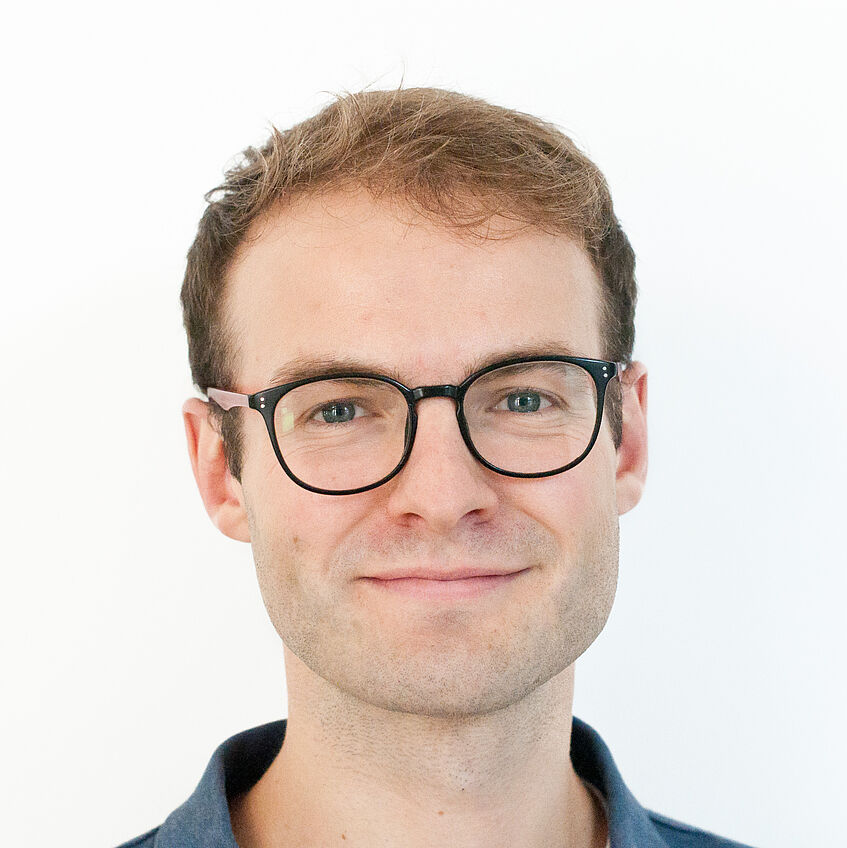
Paul Forbes, PhD - Post doc
Post doc at the Heinrich Heine University Düsseldorf, Germany
When we encounter potentially dangerous or threatening situations this results in stress which is characterised by a cascade of biological changes in our brains and bodies. Using a range of behavioural and physiological methods, I explore how these changes impact people's social behaviour. For example, how do we respond to and interact with others when stressed? My research is funded by The Austrian Science Fund.
link to Google Scholar profile
Luise Philine Graichen – PhD student
For my PhD project I am investigating memory and navigation processes. What happens at the initial encounter of later remembered information, how do we encode this information in the brain? To unravel the neural mechanisms driving successful memory formation and navigation, I am combining functional magnetic resonance imaging and eye tracking.
Email: luise.philine.graichen@univie.ac.at
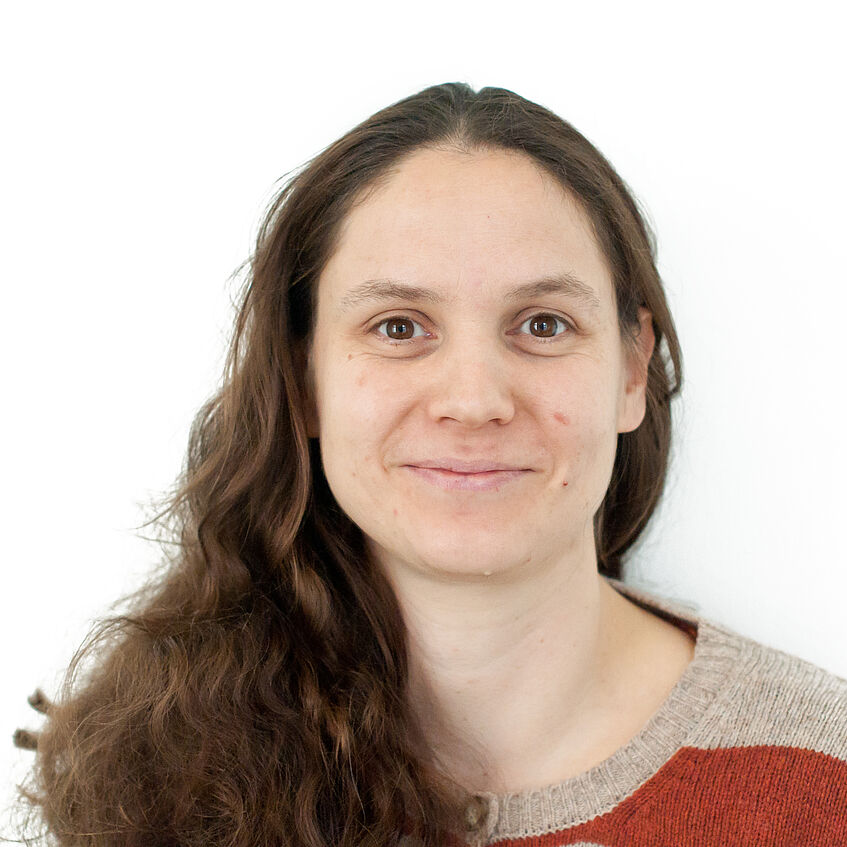
Mag. Alexa Müllner-Huber, PhD PhD - Post doc
I am interested in the neural and psychological mechanisms underlying pain, empathy and hypnosis, and the relationships between these three types of experiences. My current project aims to implement hypnosis as a tool to study the neural mechanisms of empathy for pain. I am funded by a grant from the Austrian Federal Ministry of Science and Research.
Email: alexa.huber@univie.ac.at
link to Google Scholar profile

Dr. Igor Riečanský, PhD
Head of Department at Slovak Academy of Sciences.
My current research focuses on the sensorimotor processes and their role in social cognition. I am deeply interested in how differences at the level of brain physiology translate into differences in mental functions and behavior in both normal and pathological conditions.
https://www.sav.sk/?lang=en&doc=user-org-user&user_no=1481
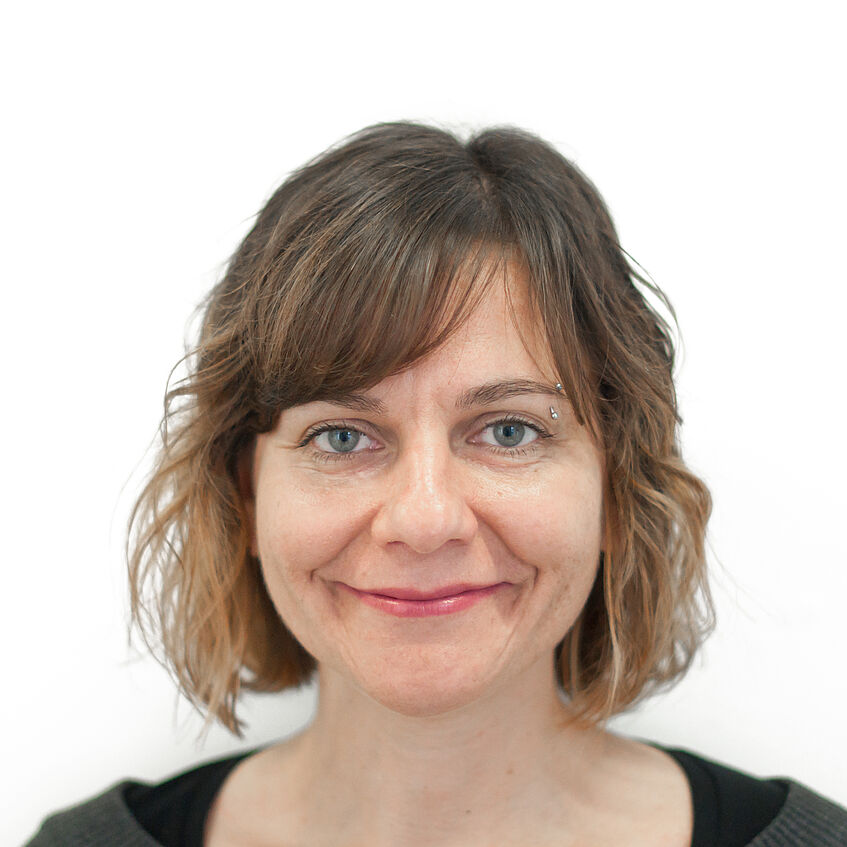
Dr. Federica Riva - Post doc
My current research is focused on the age-related changes of the neural mechanisms underlying socio-cognitive and socio-affective processes. I am specifically interested in how the neural foundations of empathy, affective touch, and interoception develop from adolescence to older age. My research approach combines functional magnetic resonance imaging with behavioral and physiological measures.
link to Google Scholar profile
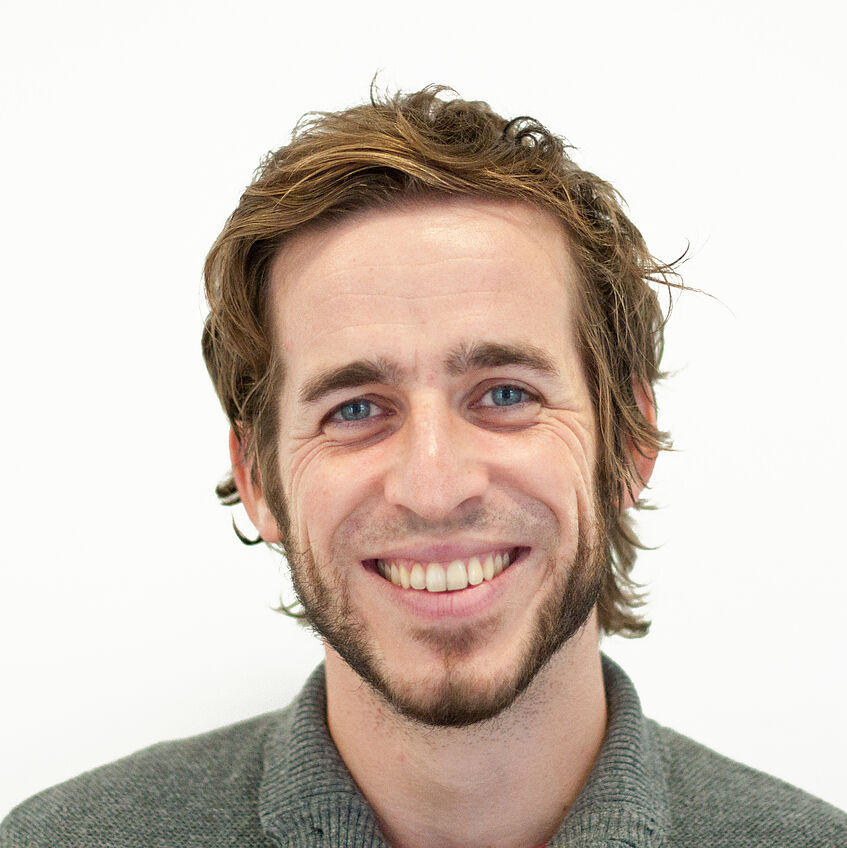
Dr. Markus Rütgen - Post doc
Research Associate at Karolinska Institutet (on FWF Schrödinger grant).
In my experimental research, I focus on the neural mechanisms underlying social cognition, with a thematic priority on empathy and prosocial behavior. By applying a variety of different methods, such as functional magnetic resonance tomography, electroencephalography or psychopharmacological manipulations, I try to shed light on these phenomena from various different perspectives. I am partially funded by a grant from the Austrian Federal Ministry of Science and Research
Email: markus.ruetgen@univie.ac.at
link to Google Scholar profile
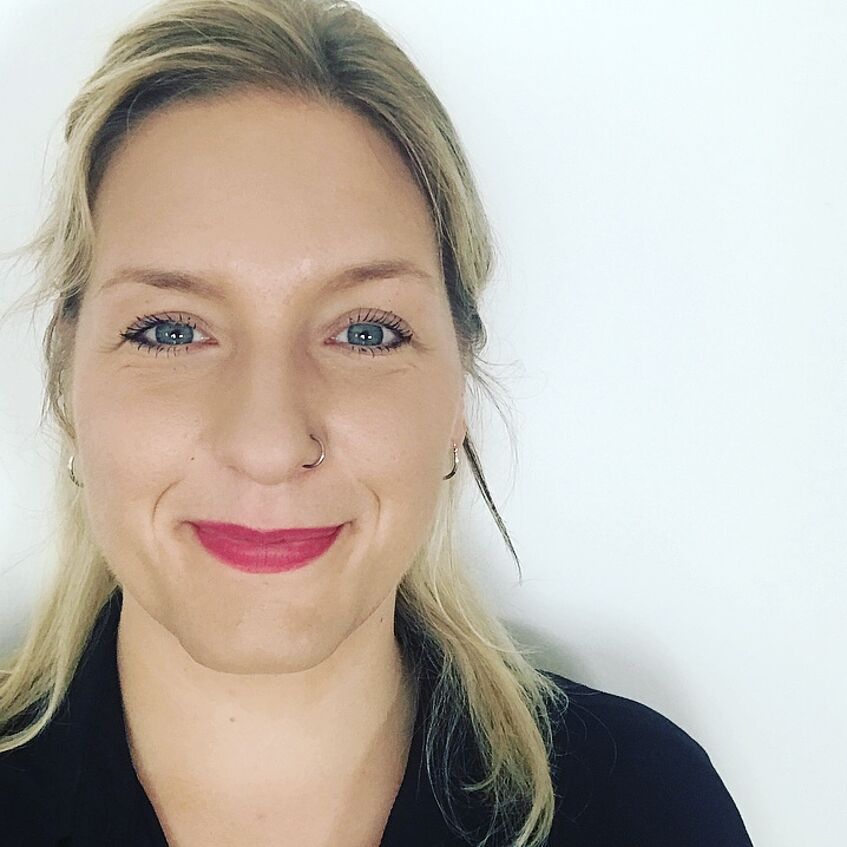
Ass.-Prof. Mag. Dr. Isabella Wagner, PhD
Ass.-Prof. at University of Vienna.
I am interested in memory formation and retrieval, and how memory representations might influence social cognition. In my research, I am using fMRI in combination with multivariate decoding techniques and brain connectivity measures, as well as psycho-/pharmacological manipulations.
Email: isabella.wagner@univie.ac.at

Dr. rer. biol. hum. Lei Zhang, MSc - Post doc
I am interested in whether the brain carries out a predictive computation when processing self-pain and other's pain, and how this process might influence social communication and/or prosocial behaviors. To tackle these questions, I am using physiological measurements, fMRI, together with hierarchical Bayesian modeling.
Email: lei.zhang@univie.ac.at
link to Google Scholar profile
Alumni & former lab members
Dr. Helena Hartmann
now postdoc at UK Essen, Germany
Dr. Jessie Adriaense
now postdoc at University of Zurich, Switzerland
Dr. Henryk Bukowski
now Ass.-Prof. at UC Louvain, Belgium
Ass.-Prof. Dr. Christoph Eisenegger †
Andrea Knauseder, BSc †
Dr. Daniela Pfabigan
now Assoc.Prof. at University of Bergen, Norway
Dr. Jürgen Pripfl
now Head of Christian Doppler Research Association, Austria
Dr. Birgit Rauchbauer
now Postdoc at University of Aix-Marseilles, France
Prof. Dipl.-Psych. Dr. Uta Sailer , Privatdoz.
now Professor at University of Oslo, Norway
Dr. Livia Tomova
now Ass.-Prof. at Cardiff University, UK
Dr. Giuseppe Ugazio
now Ass.-Prof at University of Geneva, Switzerland
Dr. Eva-Maria Wirth (née Seidel)
now Clinical Psychologist and Psychotherapist, Austria
Yili Zhao, PhD
now postdoc at NIH, USA
